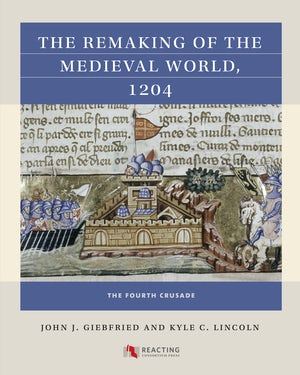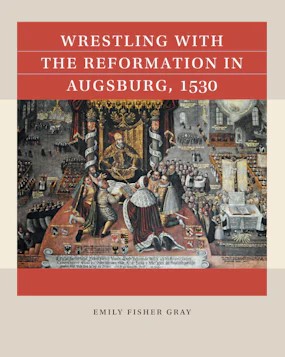 |
 Play this game recently? | The fundamental conflict in this game is the limits of forgiveness within early Christianity. Jesus says to forgive enemies: what about clergy who made sacrifices to the Roman gods or surrendered the holy scriptures to save their lives under Roman persecution? Should Christians embrace martyrdom? Or does Christian forgiveness allow these transgressors to later repent and return to the faith? This game sets the stage for two major issues at the Council of Nicaea: the Meletian Schism and the Arian heresy. There is an option for part of this game that gives the GM the option of dealing with either the Council of Antioch or the apostate issue. While the game was designed as an introduction for Council of Nicea, it also works as an introduction to Reacting to the Past (RTTP) pedagogy in courses covering this time period. This microgame may serve as a companion to the Constantine and the Council of Nicaea game. It is designed to set up the situation leading to two major issues at the Council of Nicaea, the Arian heresy and the Meletian Schism. |
Details
|
Using the Game
Class Size & Scalability |
 GAME MATERIALS
GAME MATERIALS
Reacting Consortium members can access all downloadable materials below. You will be asked to sign in before downloading.
Please fill out the Permissions Request Form before using Roman Prisoner's Dilemma in your class!
Instructor's Manual Microgames don't require a Gamebook, the Instructor's Manual outlines how the game is played and includes additional materials to make it work. | Role Sheets Students also need a Role Sheet, which contains biographical information, role-specific resources or assignments, and their character's secret victory objectives. |
David E. Henderson
David E. Henderson is Professor Emeritus at Trinity College (Connecticut). He is the author of nine Reacting game modules on science, public policy, and religion. | Reacting and Related Titles
|
Members can contact game authors directly if they have questions about using the game. We also invite instructors join our Facebook Faculty Lounge, where you'll find a wonderful community eager to help and answer questions.
|
|
|
.png)


